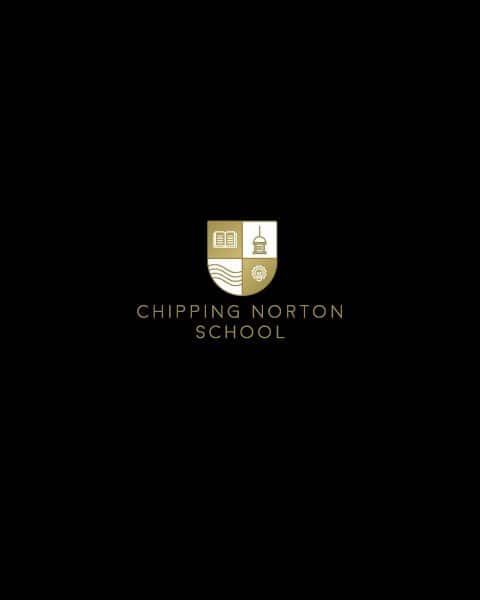Key Stage 5 (A Level)
Biology
The Biology course at Chipping Norton School aims to inspire students in a variety of topics ranging from Human Biology, to biochemical processes and ecological interactions. By studying Biology at Chipping Norton School students will develop into well rounded scientists. They will leave with honed practical skills gained through lab-work and field-work as well as a well-rounded appreciation of how society makes decisions about scientific issues, and how Biology contributes to the success of the economy. AQA is our chosen exam board.
Course Aims:
The aim of this course is to provide a detailed yet widespread knowledge of Biology and to equip students with the necessary investigative skills to continue studying science at University. It builds on existing knowledge and allows for students interested in any aspect of Biology to develop their enthusiasm and passion for the subjects many aspects.
Summary of Course Structure:
- The course is linear, this means that students will sit three exams at the end of year 13 which cover all of the content from both years 12 and 13.
Assessment:
- Practical investigation and application of Biology taught throughout Year 12 and Year 13.
- Students will sit an examination which will consist of three papers at the end of Year 13.
- There is a separate, non-examinable Practical Endorsement which is assessed throughout the two years of the course.
What do I need to know or be able to do before taking this course?
- HAVE at least a 6 in GCSE Biology
- AND a minimum of a 5 in GCSE Maths and English
- PREFERABLY a 6 in Chemistry
Course Content Year 1:
Topics include; Biological molecules, Cells, How organisms exchange substances with their environment, Genetic information, Variation, Relationships between organisms.
Course Content Year 2:
Topics include; Biological molecules, Cells, How organisms exchange substances with their environment, Genetic information, Variation, Relationships between organisms, Energy transfers in and between organisms, Organisms responses to their internal and external environment, Genetics, populations, evolution and ecosystems and The control of gene expression.
What could I go on to do at the end of the course?
Medicine, Veterinary Science, Nursing, Biochemistry, Biology, Zoology, Physiotherapy, Ecology, Sports Sciences, Forensics, and many, many more related courses.


